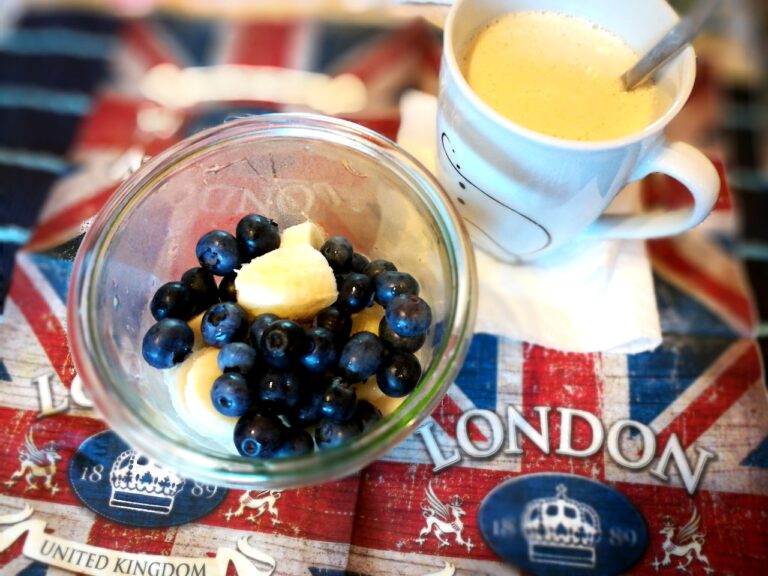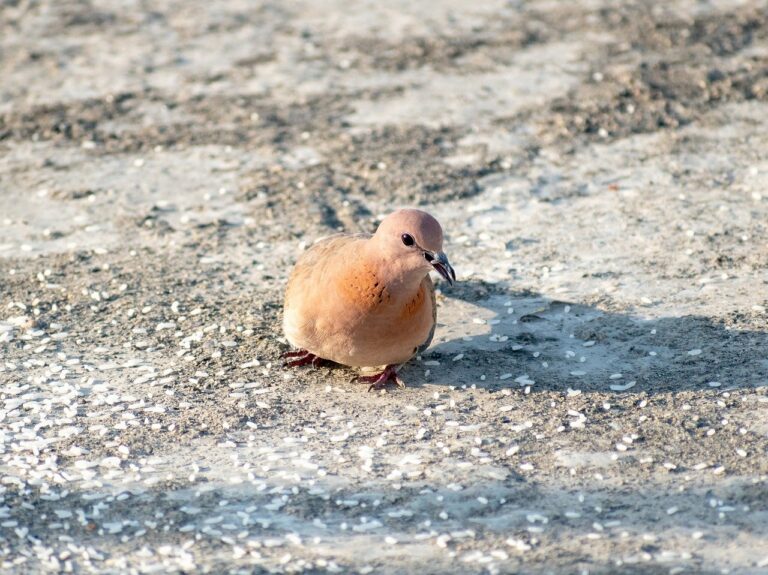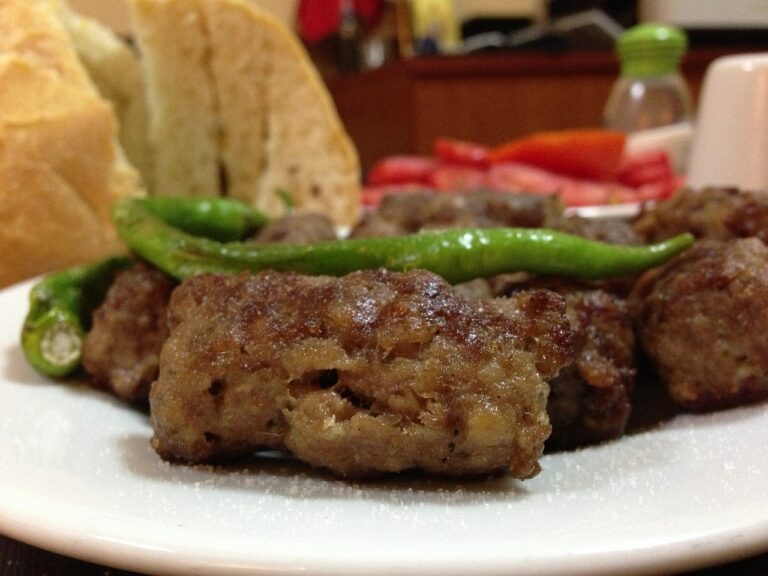Food Industry and Access to Clean Drinking Water
Water is a crucial element in the food industry, playing a vital role in various aspects of food production and processing. From washing fruits and vegetables to mixing ingredients, water is essential in maintaining hygiene standards and ensuring the quality and safety of food products. Its versatility and necessity make it an indispensable resource in the operations of food manufacturers and processors.
In addition to its direct role in food production, water is also used for sanitation purposes in the food industry. Proper sanitation practices are critical for preventing contamination and ensuring the safety of food products. Water is used for cleaning equipment, utensils, and surfaces, helping to eliminate harmful bacteria and pathogens that could pose a risk to consumer health. Maintaining high standards of hygiene through the use of water is essential for meeting regulatory requirements and upholding food safety standards.
Challenges of Ensuring Clean Drinking Water in Food Production
Water is a crucial ingredient in food production, playing a vital role in various processes such as cleaning, cooking, and ingredient preparation. However, ensuring clean drinking water in food production presents significant challenges. One major obstacle is the potential contamination of water sources by various pollutants, which can have detrimental effects on food safety and quality.
Moreover, the maintenance of water quality standards throughout the production process requires constant monitoring and adherence to strict regulations. With the increasing concerns over water scarcity and pollution, food manufacturers face the additional challenge of securing a sustainable and reliable source of clean water for their operations. Failure to address these challenges effectively can not only jeopardize the safety and quality of the food products but also damage the reputation and trust of the brand in the eyes of consumers.
Impact of Water Contamination on Food Safety
Water contamination poses a significant threat to food safety in the food industry. The presence of harmful pathogens and chemicals in water used for food production can lead to various foodborne illnesses and outbreaks. Contaminated water can introduce bacteria like E. coli, Salmonella, and Listeria into the food supply chain, putting consumers at risk of getting sick.
In addition to microbial contamination, chemicals and pollutants in water can also affect the safety of food products. Pesticides, heavy metals, and industrial waste that infiltrate water sources can contaminate food during processing and preparation, leading to long-term health consequences for consumers. Maintaining strict water quality standards and monitoring systems is crucial to prevent water contamination and safeguard the integrity of the food supply chain.
Why is water important in the food industry?
Water is essential for various functions in the food industry, including cleaning, sanitation, food processing, and as an ingredient in food products.
What are the challenges in ensuring clean drinking water in food production?
Challenges include potential contamination from pollutants, chemicals, microbial pathogens, and inadequate infrastructure for water treatment and monitoring.
How does water contamination impact food safety?
Water contamination can lead to the spread of diseases, foodborne illnesses, and spoilage of food products. It can also result in recalls, financial losses, and damage to the reputation of food businesses.
What measures can be taken to prevent water contamination in food production?
Implementing proper water treatment systems, regular testing and monitoring of water quality, following hygiene practices, and complying with regulations can help prevent water contamination in food production.







